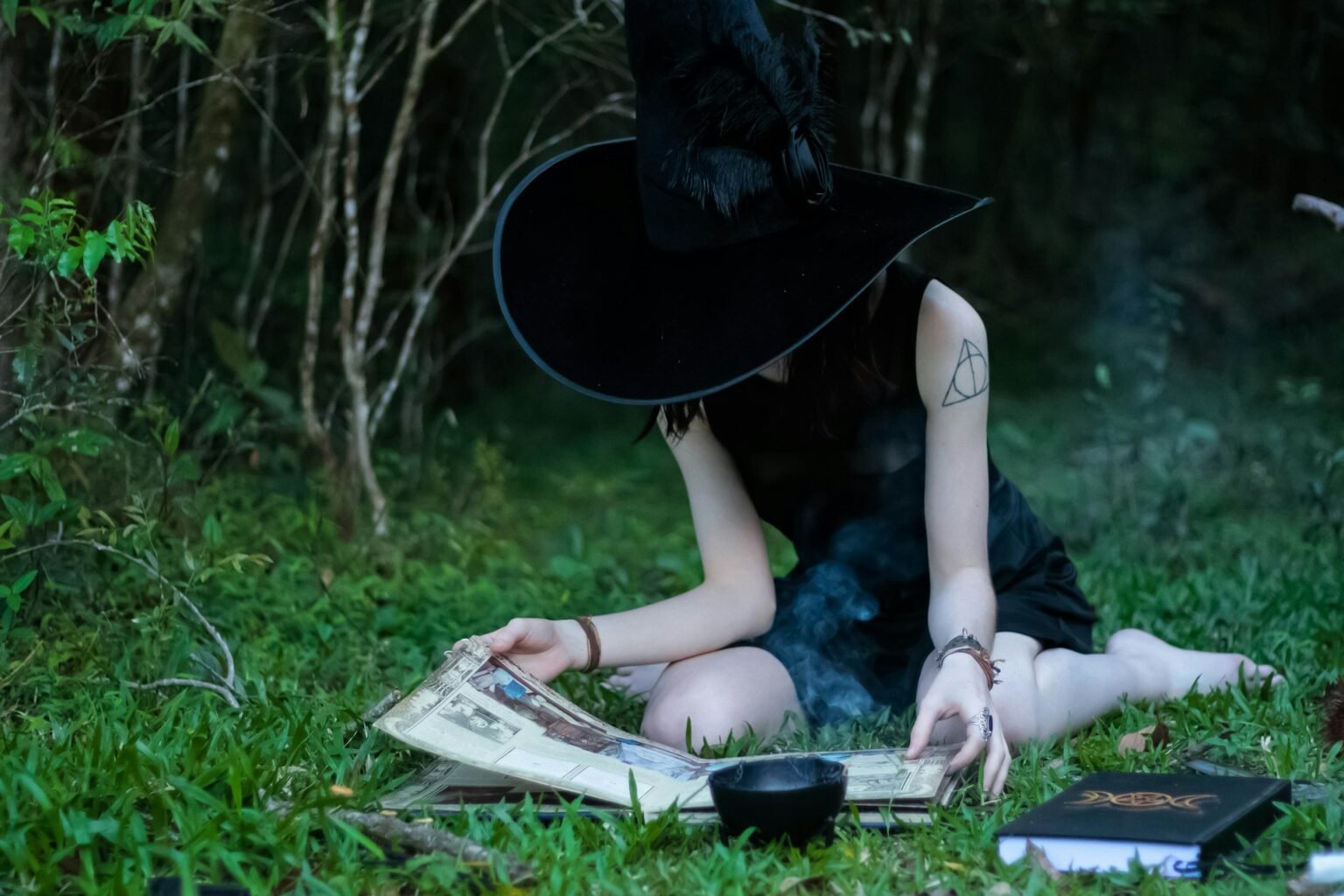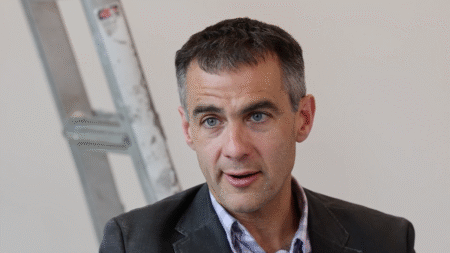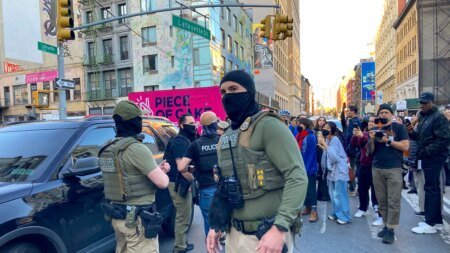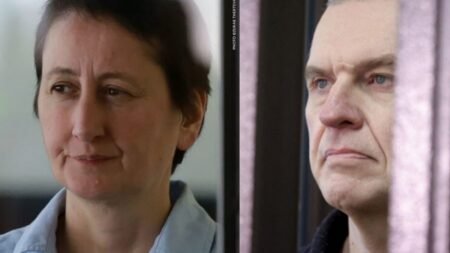When a public high school in Orange County, Florida, aired a weekly “Witchy Wednesday” religious video series on the schoolwide TV system, led by students and featuring detailed instructions on casting spells and performing rituals, including soul cleansing and moon worship, many parents were stunned.
The school canceled the series after public outcry and intervention from Liberty Counsel, in which the legal group asked for equal time for Christian instruction. But the larger question remains: Why would a public school introduce spiritual practices rooted in witchcraft to impressionable young students, and what does this reveal about the direction of public education?
A Double Standard on Religion
The U.S. Constitution forbids government-established religion through the establishment clause of the First Amendment. Yet the same public schools that prohibit students from praying before class or mentioning Jesus in a valedictorian speech are now permitting, and in some cases promoting, pagan spirituality under the guise of “student expression” or “cultural inclusion.”
Witchy Wednesday is where the court case Mahmoud v. Taylor becomes relevant.
In that 2025 federal case, the court reaffirmed that schools cannot compel students to participate in, observe, or be exposed to religious exercises that violate their beliefs. The ruling underscored the constitutional boundary between religious neutrality and endorsement. Suppose Christian prayer at school events is considered an endorsement. How much more should a video series that not merely promotes but gives specific instructions on how to cast various spells, magic acts, and rituals raise constitutional alarms?
Liberty Counsel’s response to the Orange County case makes the same point: If Christianity is excluded to maintain “neutrality,” then witchcraft, a recognized religion under U.S. law, cannot be allowed either. The law must apply consistently. Selective tolerance is not neutrality; it is discrimination cloaked in “equity.”
Witchcraft Is a Religion
Modern witchcraft, often called Wicca or pagan spirituality, is a legally recognized religion in the United States. The U.S. Army Chaplain’s Handbook lists Wicca among faith traditions, and court decisions such as Dettmer v. Landon (1986) have formally recognized it as a legitimate religion protected by the First Amendment.
This means public schools that feature witchcraft or “manifestation” rituals are introducing a discrete religious worldview to students — even if teachers or administrators frame it as harmless entertainment or cultural expression.
The reality is that the spiritual realm is real, and what children are being exposed to is not neutral or imaginary. Witchcraft promotes a worldview centered on self-deification, energy manipulation, and the rejection of biblical authority, a direct inversion of the Christian faith.
Parents have both a constitutional and biblical right and responsibility to direct the upbringing and moral formation of their children. Supreme Court cases such as Pierce v. Society of Sisters (1925) and Wisconsin v. Yoder (1972) affirmed that the state cannot usurp parents’ role in determining what spiritual, moral, or philosophical teachings their children receive.
If a public school integrates witchcraft into its announcements or lessons, even indirectly, it crosses the line from education into indoctrination, without giving parents the choice to opt out. The state, through the school system, acts as the moral instructor, not the parent. This violates the very principle of limited government and parental sovereignty upon which the American educational system was founded.
Spiritual Agenda Behind ‘Witchy Wednesdays’
The growing normalization of witchcraft, eastern mystical meditation, and “energy work” in public schools is not an isolated event. It mirrors a broader movement to replace biblical faith with human-centered spirituality, often introduced through “social emotional learning” (SEL), mindfulness programs, and now “cultural inclusivity” initiatives.
What looks like harmless exploration of “different beliefs” is reprogramming the moral compass of the next generation.
Students are taught that all spiritual paths are equally valid, except Christianity. They are encouraged to find power within themselves rather than from God. They are told truth is relative and morality is self-defined. This is the religion of self-worship, which is the core of witchcraft from the Garden of Eden onward.
Where This Leads
When schools blur the line between education and spiritual indoctrination, they open the door to greater deception. Today’s “Witchy Wednesday” might seem playful, but tomorrow’s classroom could normalize tarot cards, divination, or rituals disguised as “mindfulness.” Once moral and spiritual boundaries are erased, children become spiritually vulnerable and susceptible to harmful influences they cannot discern.
Suppose a state can normalize witchcraft while silencing Christian truth. That reveals the goal of the state’s investors: a generation untethered from absolute truth, detached from their Creator, and dependent on emotional experience and external validation as their moral guide.
The issue is not just a school in Florida; it’s a nationwide wake-up call. The battle for truth in education is not political; it’s spiritual. The next generation is being discipled. The question is, by whom?
Read the full article here












